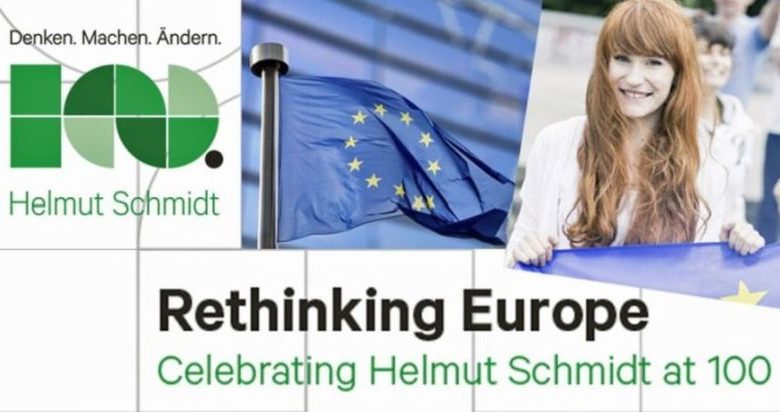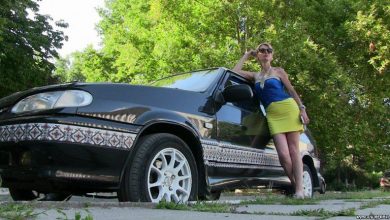Europe at the crossroads
In Brussels, a debate took place on the topic “Rethinking Europe”. Seven months before the elections to the European Parliament, the need arose to discuss issues such as liberalization, economic growth, strengthening populism and the role of culture.
Here are some opinions:
“What is Europe? This is a union, only upside down. ”
“She’s sick. Europe must be treated. ”
“She has a reverse dynamic.”
“All of this is simply terrifying!”
“Acute and uncompromising discussions lasted three days at the Brussels Palace of Fine Arts,” reports Euronews correspondent Audrey Tilv. “Leading figures in politics, culture and the media exchanged their views on Europe, at the crossroads, and offered her their ways.”
The director of the French weekly Nouvel Observateur, Laurent Joffren, believes that the European Union is mired in a bureaucracy, that it no longer has a true leader:
“One person represents Europe most of all, and he is well known,” is the former head of the European Commission, Jacques Delors. People were for or against what he was offering, but they knew what it was. Subsequently, national governments did not dare to put forward such strong personalities. Presidents and prime ministers do not want someone to be brighter and stronger than them. Well, ordinary people feel that this is not democratic. ”
“Today we have the President of the European Commission and the President of the European Council,” says Jacques Delors himself. – Both of these leaders preside over the negotiations. But Herman Van Rompuy alone would have done it. And we are still going to elect the head of the commission, and then, in fact, partially. ”
Delors had in mind that in May 2014 not only deputies of the European Parliament would be elected, but also candidates for the presidency of the European Commission. According to the French journalist Bernard Gett, such attempts to strengthen the internal hierarchy will not make the union stronger in the international arena:
“We must fight together to improve the position of Europe in matters of social dumping, ecology, finance – where competitors come on our heels. Then everyone will see that 28 EU members, or at least 17 members of the euro area, are better at competing with China than each on its own. ”
“The competent management of the eurozone, the banking union – this is not necessary to dream of,” said European Parliament deputy Sylvie Gular. “But if Europe, for example, gave each family a voucher for educating children or teaching adult languages, it would breathe life into the European project.”
In the meantime, opinion polls indicate an increase in the EU anti-European sentiment. The philosopher Michelle Honfre explains this by the fact that the imposed ideology provoked a mass rejection reaction:
“The past logic of the Stalinist countries explained all the difficulties of the Soviet Union by the fact that this Union was supposedly not Soviet enough. And now they tell us the same thing: they say that if there are problems in the EU, it is because our union is not yet European enough, and when we become a little more Europeans, we can cope with these problems. ”
To rethink Europe and save it from destruction, you must first find out how it differs from the rest of the world. So advises the former head of the World Trade Organization Pascal Lamy:
“Europeans are less tolerant of inequality than residents of other places on the planet, such as the United States or China. I think that European identity is based on our social systems. All we need now is 1% of GDP growth per year. If this is not the case, then there will not be enough funds for these social systems, which means that European identity will be in danger. “
“Our capitalism is more humane than in America, with public education and medical services,” says Peter Schneider, a writer. – Obama is called a communist only for his desire to introduce elements of the state healthcare system. We are a privileged continent, but we do not always appreciate it and poorly protect our values, the values of the Enlightenment. “
Three days of debate did not reveal the reasons for the ailments of the European Union and did not offer a panacea from them. The speakers agreed only that now is not the time for the European Union to idealize its values and rest on its laurels.
This post is also available in:
 English
English  Русский (Russian)
Русский (Russian)






